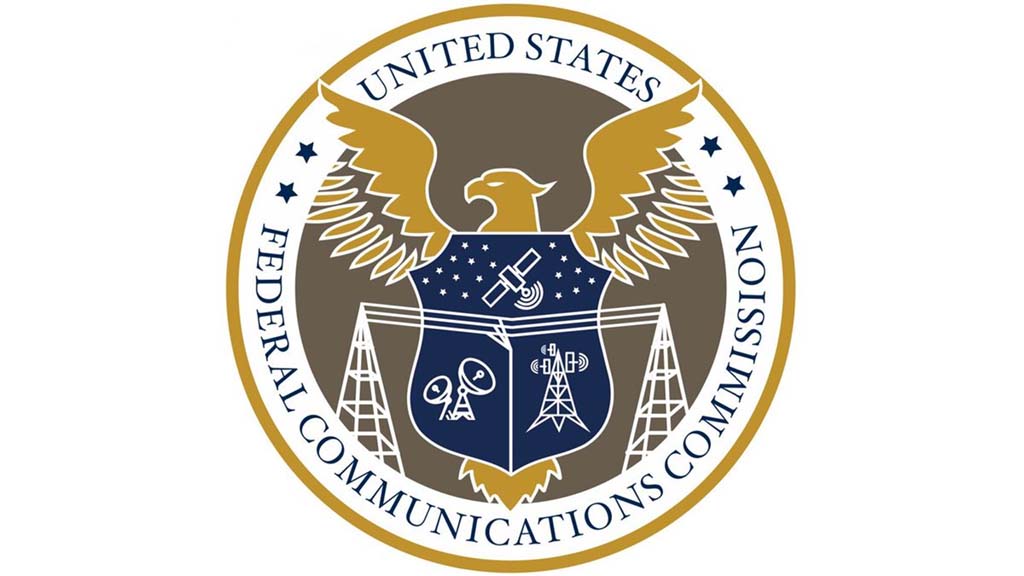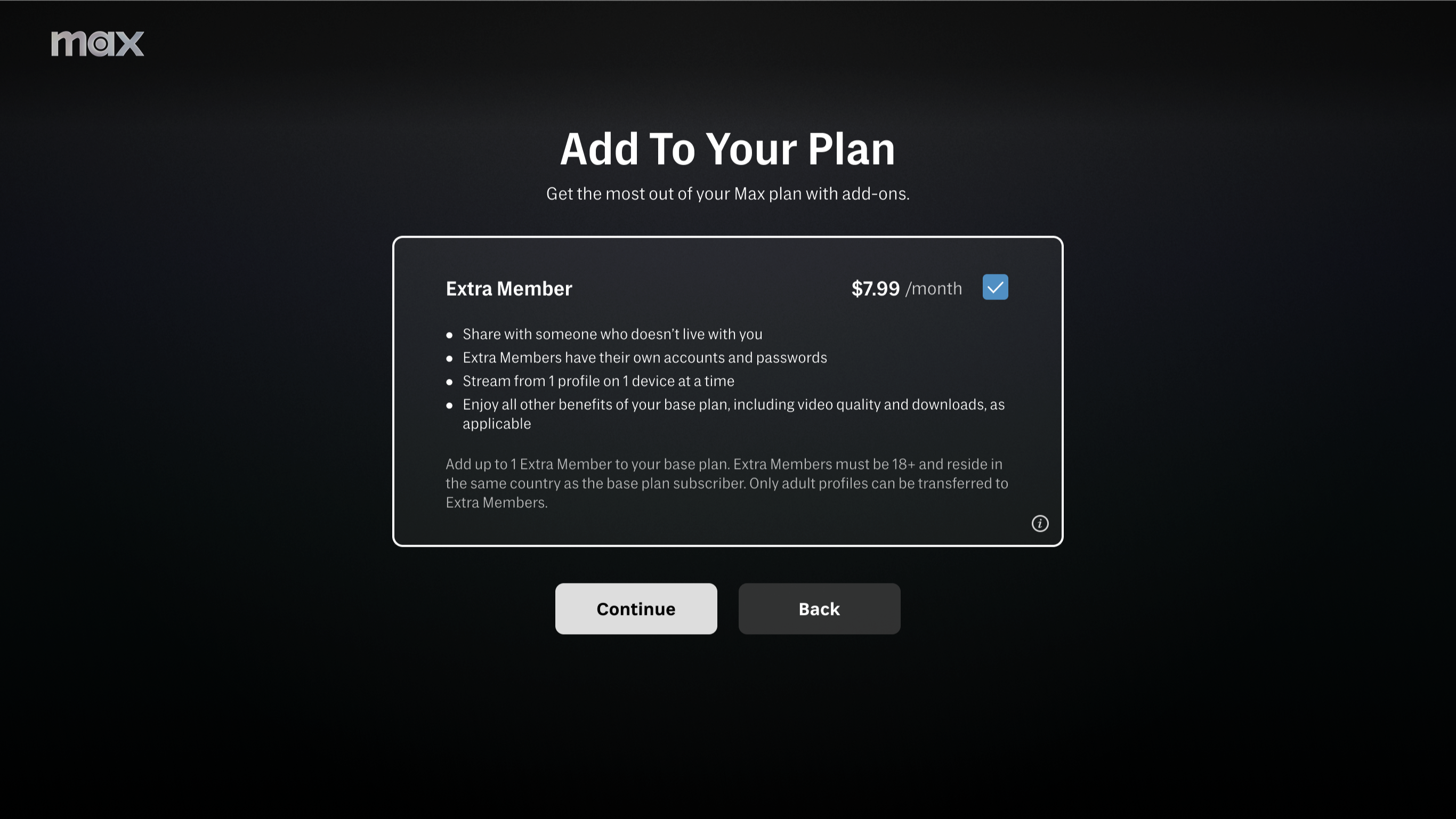FCC Issues Report and Order Requiring Blackout Reporting
Order requires cable and satellite operators to report broadcast-station blackouts from failed retransmission-consent negotiations

WASHINGTON—The Federal Communications Commission has issued a Report and Order requiring cable and satellite pay TV operators to report commercial broadcast station blackouts that last than 24 hours or longer and were caused by failed negotiations over a new retransmission-consent agreement.
“This reporting will fill a basic information gap in the Commission’s awareness of such blackouts, ensuring that the Commission receives prompt and accurate information about critical multichannel video programming distributor (MVPD) service disruptions involving broadcast stations when they occur,” the FCC explained in the order. “In addition, the creation of a centralized, Commission-hosted database of basic blackout information will increase transparency around the frequency and duration of broadcast station blackouts for the public.”
The FCC began looking into measures to address problems caused by the blackouts and to require reporting of them in 2023, following a number of high-profile spats over retransmission consent fees. In its recently released 2024 Communications Market Report, the FCC reported that “From 2022 to 2023, annual retransmission consent fees paid per subscriber increased, on average, by 16.2%, rising from $231.52 to $268.99. Average monthly retransmission consent fees per subscriber per broadcast station increased by 19%, increasing from $2.27 to $2.70 over the same period. Over the period 2013-2023, the compound average annual increase in fees per subscriber was 27.3%.”
In a period of sluggish or stagnant core TV advertising revenue excluding political advertising, retransmission consent fees has emerged as one of the largest sources of income by broadcast station groups.
The National Association of Broadcasters has consistently opposed the idea saying it would not help consumers or the FCC. “Given the Commission’s very limited role and its inability to use information on negotiating impasses to require parties to take any additional steps, it is not clear what lawful purpose this information gathering effort can serve, from the Commission’s standpoint," the NAB said in a October 2024 letter to the FCC.
The idea was also opposed by operators who argued it would impose difficult regulatory burdens, particularly on smaller operators.
In adopting the Order on Dec. 31 and releasing it on Jan. 3, the FCC noted that “While the Commission cannot prohibit a blackout from occurring, it can enforce broadcasters’ and MVPDs’ statutory duties around negotiation” via its rules regarding ‘Good Faith’ negotiations.”
Get the TV Tech Newsletter
The professional video industry's #1 source for news, trends and product and tech information. Sign up below.
“Despite the Commission’s good faith rules and complaint process, our experience suggests that cable and satellite TV subscribers are increasingly experiencing blackouts of broadcast station channels on their video service while at the same time retransmission consent fees have been consistently rising,” the FCC said in the report.
The report also complained that the FCC “does not usually learn of broadcast station blackouts from good faith complaints, but rather through news reports in the media or informal communication with Commission staff. This ad hoc process does not always provide timely or specific information regarding service disruptions.”
In its Report and Order, the FCC modified its initial reporting requirements to give operators two business days to report blackouts and require them only to make good faith estimates of the subscribers impacted. Operators can specify that subscriber counts be kept confidential.
The full Report and Order can be found here, along with a more detailed discussion of the rules and the portal for reporting blackouts.
George Winslow is the senior content producer for TV Tech. He has written about the television, media and technology industries for nearly 30 years for such publications as Broadcasting & Cable, Multichannel News and TV Tech. Over the years, he has edited a number of magazines, including Multichannel News International and World Screen, and moderated panels at such major industry events as NAB and MIP TV. He has published two books and dozens of encyclopedia articles on such subjects as the media, New York City history and economics.

